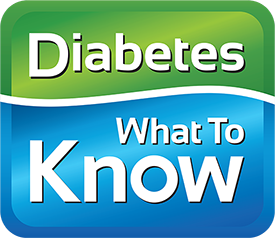Why is my blood sugar high in the morning?
High fasting glucose numbers are a common concern for people with diabetes. If your blood sugar is high in the morning, checking your glucose at bedtime and again when you wake up the next morning can provide you and your doctor with helpful information. How does your bedtime blood glucose compare to your morning glucose?
If your bedtime glucose is the same or higher than your morning number, then lowering your blood glucose at bedtime will probably lower your morning numbers, also. Here are a few suggestions on how to do that:
- Change what you eat at night – you might try eating less food at dinner or eating fewer carbs.
- Get a little exercise in the evening. Even a short walk after dinner can help lower your blood glucose.
- Talk to your doctor about changing your medications. Medications like GLP-1 agonists can control your appetite and lower your glucose levels after your meals.
If your morning blood glucose is higher than your bedtime blood glucose, here are two things that may help:
- Make sure you are not eating a large bedtime snack. This can cause your blood glucose to rise while you’re asleep.
- Talk to your doctor about starting long-acting insulin. This can counterbalance the rise in glucose that occurs overnight called the dawn phenomenon.
Now that you know how to be a diabetes detective and figure out what’s causing any morning highs, here are the questions to ask:
- Is my A1c at goal?
- What is my blood glucose at bedtime?
- Is it higher or lower than my blood glucose the following morning?
Use this information to work with your doctor to figure out what the right approach is to get your A1c to target.
The medical information on Diabetes – What To Know’s website is provided as an information resource only. The content is not in any way intended to be nor should you rely on it as a substitute for professional medical evaluation, diagnosis, advice and treatment.

